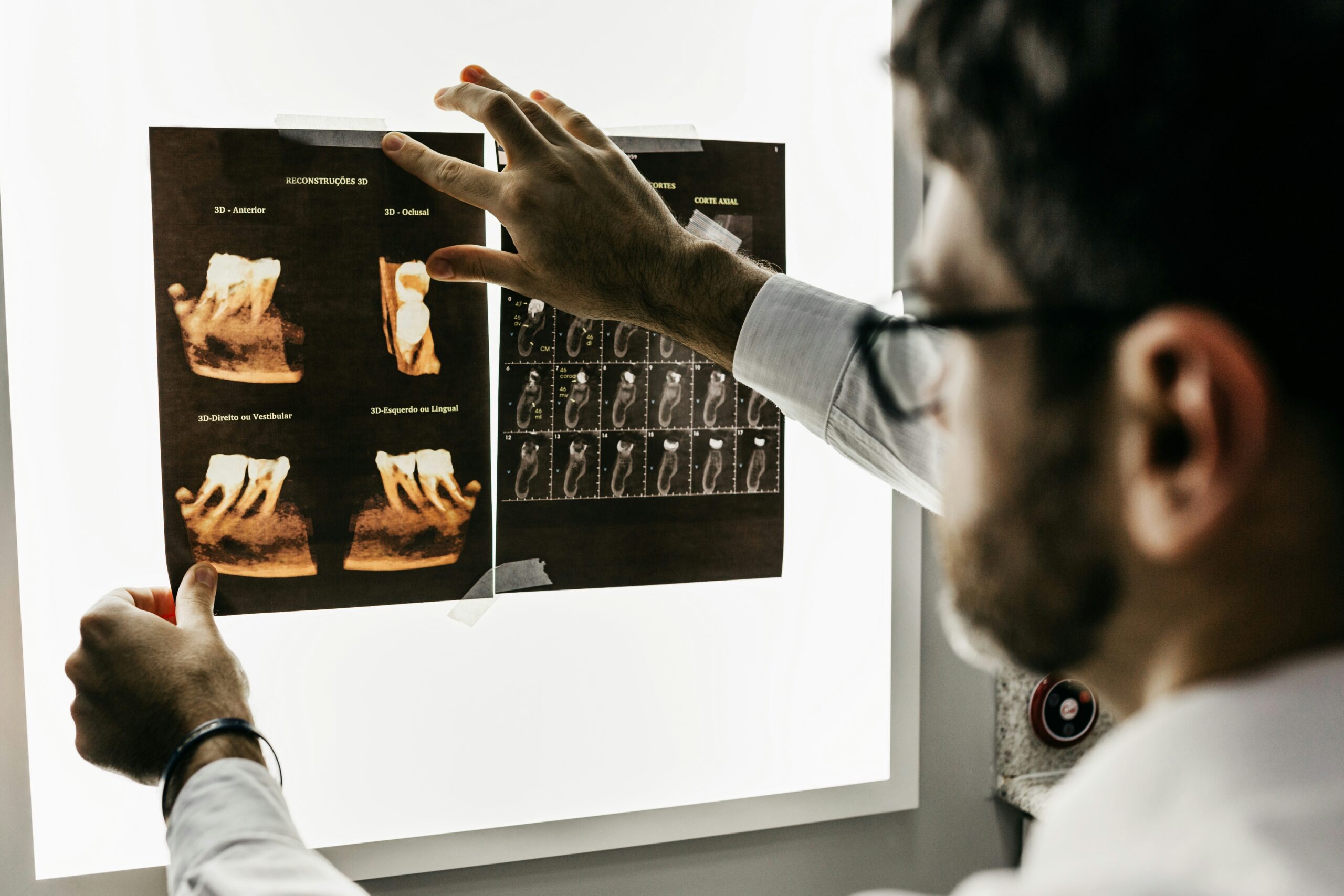- Russia says ball in Kyiv court to end war as UAE talks open Dawn
- Ukraine says first day of peace talks with Russia ‘productive’ Al Jazeera
- Trilateral talks in UAE were ‘substantive, productive’: Ukraine TRT World
- Xinhua News | Russia, Ukraine…
Author: admin
-
Russia says ball in Kyiv court to end war as UAE talks open – Dawn
-
US, China, Russia undoing rights progress: HRW – Dawn
- US, China, Russia undoing rights progress: HRW Dawn
- Human Rights Watch warns US heading to ‘authoritarianism’ Dawn
- Global system of human rights in ‘peril’, warns HRW in its annual report Al Jazeera
- Trump has attacked pillars of…
Continue Reading
-
Israeli strikes kill three children, 18 others in Gaza – Dawn
- Israeli strikes kill three children, 18 others in Gaza Dawn
- Israeli attacks on Gaza kill 23 in one of deadliest days since ‘ceasefire’ Al Jazeera
- Verifying Gaza footage after 20 reported killed in Israeli strikes BBC
- Nine Palestinians killed…
Continue Reading
-

Robots Take Cues From Brainless Sea Stars
Ever feel run off your feet? Spare a thought for sea stars, creatures whose movement involves the coordination of hundreds of tiny tube feet to navigate complex environments – despite the lack of a central “brain.”
In other words, it’s…
Continue Reading
-

AI Learns To Recommend Medicines Even For Patients With No Prescription History
Researchers are tackling the critical challenge of recommending appropriate medications to new patients, a problem known as the ‘cold-start’ issue in electronic health records. Arya Hadizadeh Moghaddam, Mohsen Nayebi Kerdabadi, and Dongjie…
Continue Reading
-

Bacteria at The Back of Your Eye May Be Linked With Alzheimer’s Progress : ScienceAlert
A common bacterium usually found in the respiratory system appears to be linked to cognitive decline and Alzheimer’s disease when it’s present in the retina.
Chlamydia pneumoniae – often responsible for pneumonia and sinus infections –…
Continue Reading
-
Fitch Affirms Yuexiu REIT at 'BBB-'; Rates Proposed Green Notes 'BBB-' – Fitch Ratings
- Fitch Affirms Yuexiu REIT at ‘BBB-‘; Rates Proposed Green Notes ‘BBB-‘ Fitch Ratings
- Yuexiu Real Estate Investment Trust proposes issue of CNY1.74 bln 3.40% guaranteed green notes due 2029 marketscreener.com
- Yuexiu Property Plans CNY1.735 Billion Green Note Issue to Refinance Debt and Fund Green Projects TipRanks
Continue Reading
-

Vaccine imports could cost $1.2b
MQM-P leader Mustafa Kamal addressing a press conference in Karachi on Thursday, Jan 22, 2026. SCREENGRAB
…Continue Reading
-

Iran unveils new underground missile base amid tensions with U.S. – news.cgtn.com
- Iran unveils new underground missile base amid tensions with U.S. news.cgtn.com
- Iran boosts missile deterrence, warns of rapid response amid US talks ANI News
- Iranian Chief of Staff: We are prepared for any potential action against our country -…
Continue Reading
-

Inside the heart of ‘Jimpa’: Olivia Colman and John Lithgow on their new queer family drama
A new exploration of the modern family is arriving in theaters this week.
“Jimpa,” a semi-autobiographical drama from director Sophie Hyde (“Good Luck to You, Leo Grande”), stars Academy Award winner Olivia Colman and Emmy winner John Lithgow in a…
Continue Reading